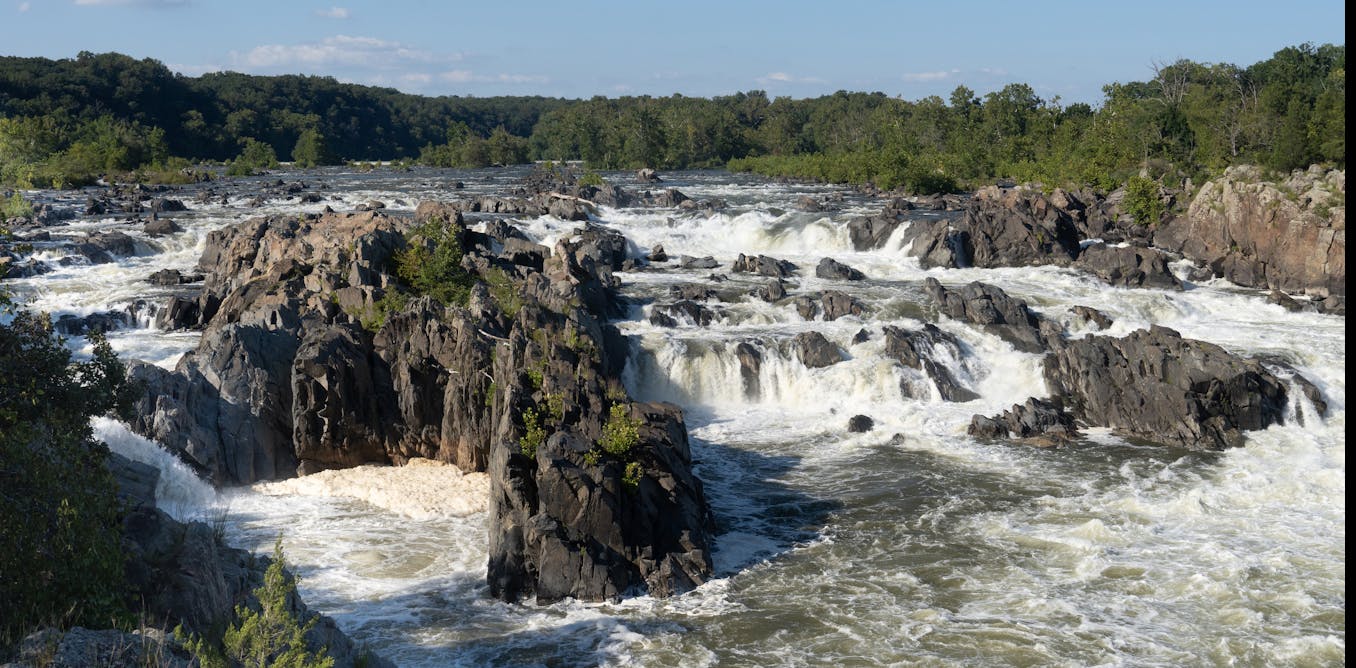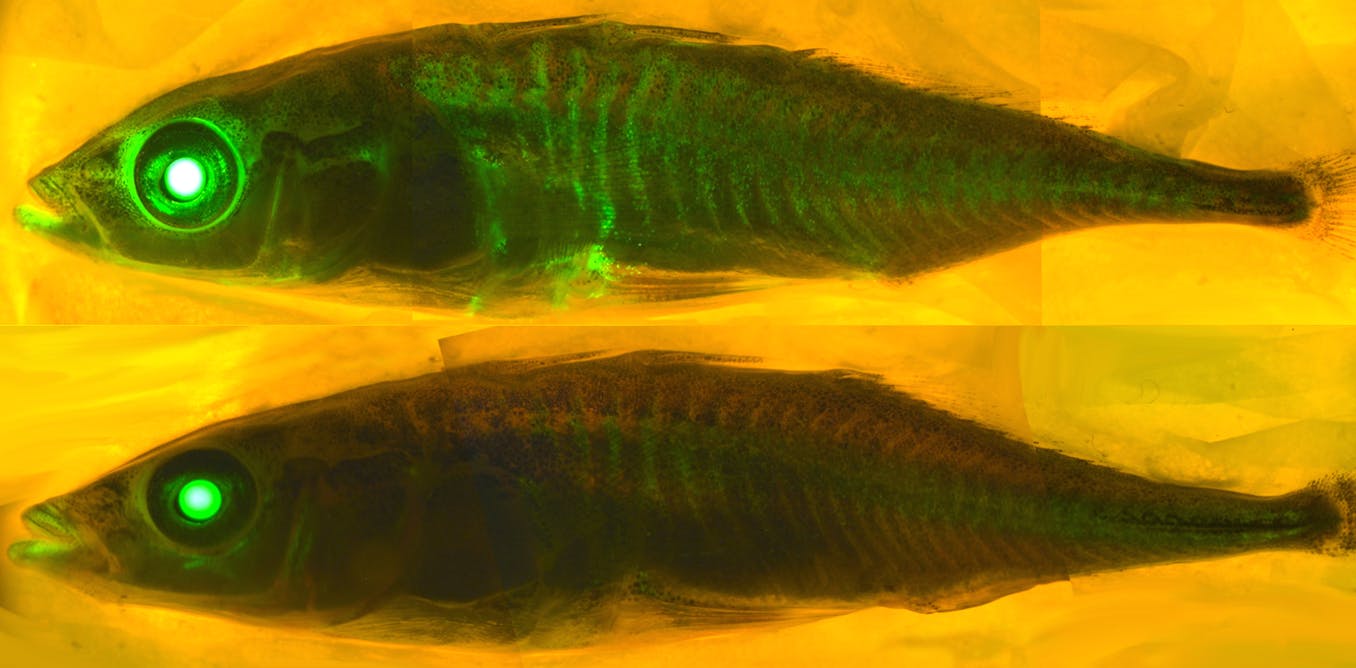As climate change warms rivers, they are running out of breath – and so could the plants and animals they harbor
When water warms, it holds less oxygen, and this can harm aquatic life and degrade water quality. A new study finds that climate change is driving oxygen loss in hundreds of US and European rivers.
Sept. 14, 2023 • ~6 min









